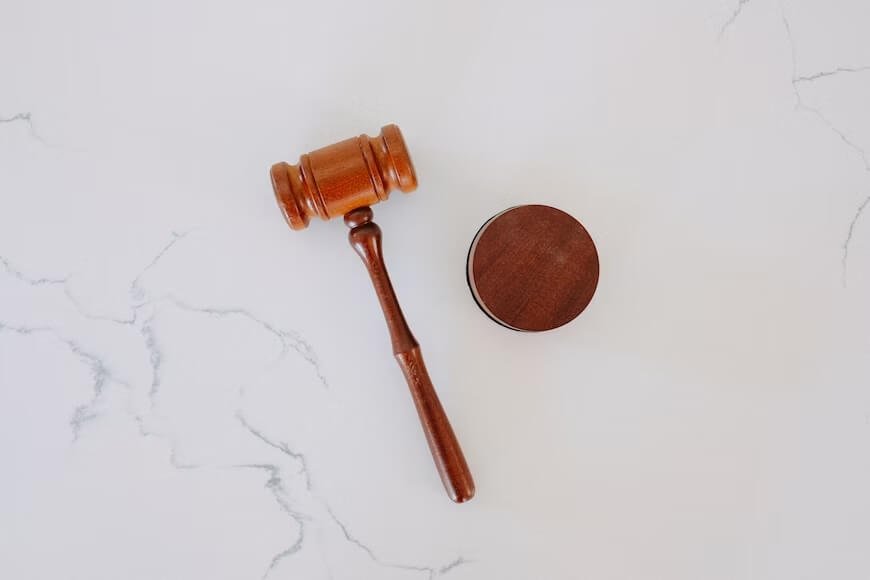Wrongful death cases involve a lawsuit filed by the family members or beneficiaries of the deceased against an individual, organization, or company that caused the death. Expert witnesses are often crucial in proving liability and damages in these cases. If a loved one was fatally injured due to someone’s reckless behavior, consult wrongful death attorneys who can seamlessly process the restitution. In this article, we will explore the role of expert witnesses in wrongful death litigation.
Understanding Wrongful Death Claims
Before looking at the role of expert witnesses, it is essential to understand what qualifies as a wrongful death claim. It occurs when someone dies due to another party’s negligent or intentional actions. Examples include medical malpractice, workplace accidents, car crashes caused by drunk driving or reckless driving, product defects that cause fatal injuries to consumers, and premises liability mishaps.
The surviving family members can seek financial compensation for losses associated with their loved one’s untimely demise. These include loss of companionship and support from their loved one’s emotional comfort and guidance during their lifetime.
Role of Expert Witnesses In Wrongful Death Cases
Expert witnesses are essential in most wrongful death cases since they have specialized knowledge about certain aspects, such as medicine or engineering, that judges and jurors may not possess. They offer objective opinions on critical issues related to causation (i.e., which factors led to the victim’s wrongful death), negligence standards (i.e., whether a defendant acted reasonably under similar circumstances), damage assessments (i.e., how much compensation should be awarded), etc.
Types of Expert Witnesses Used In Wrongful Death Claims
Several types of experts can testify in wrongful death cases; below are some frequent examples:
Medical Experts: These professionals testify to the victim’s injuries leading up to their passing.
Forensic Experts: Forensic experts offer opinions based on physical evidence at accident scenes and examine all records available to aid investigations around how exactly victims died.
Economic Consultants: These experts calculate life-long income loss and other financial losses from wrongful deaths. They calculate economic damages.
Vocational Rehabilitation Experts: Vocational rehabilitation experts help determine the lost earning capacity by assessing their work histories, education, and versatility in the job market based on personal experiences.
Challenges Commonly Faced By Expert Witnesses In Wrongful Death Cases
Expert witnesses can encounter several challenges while presenting opinions in court in wrongful death cases. For example:
Admissibility of Evidence: The expert’s opinion must be grounded on facts that are ascertainable to other professionals—such that a judge may exclude such expert testimony if they come across as too speculative or otherwise fail to meet specific requirements formatted by statute and case law.
Credibility: As with all witnesses, whether a lay witness or professional expert pertains to credibility, experts must appear impartial and unbiased so that their opinions won’t look prejudiced or swayed by either opposing party’s viewpoints. Presenting explicit evidence-based judgments can help solidify arguments and maintain credibility before courts.
Conflicting Opinions From Different Experts: Defendants often hire multiple expert witnesses because others would offer varying views trying to create shades of doubt in jurors’ minds about the plaintiff’s legal team’s opinions.
Conclusion
In conclusion, expert witnesses are critical in wrongful death litigation, providing invaluable insights, analysis, and professional opinions that can significantly impact the case outcome. These highly qualified individuals possess specialized knowledge, expertise, and experience in their respective fields, allowing them to offer objective assessments and expert testimony regarding causation, standard of care, negligence, and other crucial aspects of the case. By presenting complex technical or scientific information clearly and understandably, expert witnesses help bridge the gap between a wrongful death claim’s legal and technical aspects.
They assist the court and the jury in understanding the evidence, evaluating the actions or omissions of the defendants, and assessing the damages suffered by the deceased and their surviving family members. Expert witnesses bring credibility, authority, and professionalism to the litigation process, enhancing the chances of achieving a fair and just resolution.

